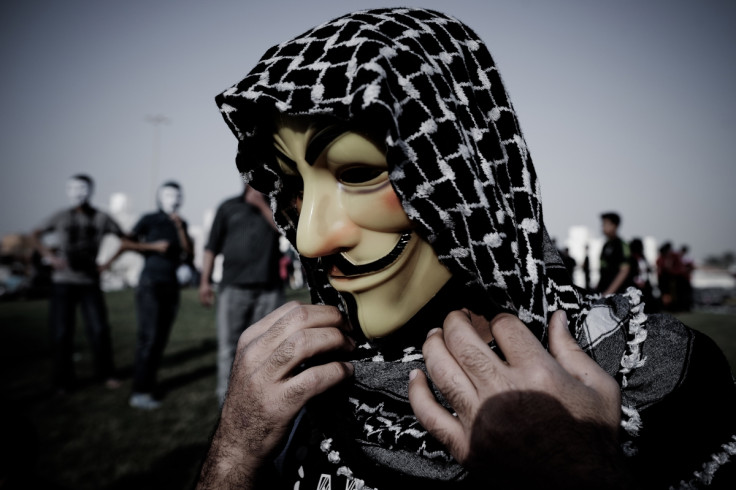#OpIsrael: Anonymous hackers poised to execute 'electronic holocaust' cyberattacks against Israel
Hacktivists pledge to take government, military and business websites offline in annual attacks.

Since 2013, hackers and internet activists affiliated with the notorious Anonymous collective have targeted digital services as part of #OpIsrael, a campaign designed to take down the websites of government, military and financial services in the country.
Taking place annually on 7 April, it first started in 2013 to coincide with a Holocaust memorial service. Anonymous-linked hackers take to Twitter and YouTube to tout their cybercrime plans – which includes defacements and distributed denial of service (DDoS) attacks as a retaliation against Israel's treatment of the Palestinians.
On PasteBin, a list of targets for the 2017 series of attacks has been posted, naming potential victims as the government and parliament websites.
In one YouTube video, links to alleged DDoS tools had been posted. These have the ability to send surges of malicious traffic at a website domain to take it offline.
"We are coming back to punish you again for your crimes in the Palestinian territories as we do every year," a statement being circulated by Anonymous-linked accounts online pledged.
The statement said the hackers' plan is to take down servers and the websites of the government, military, banks and unspecified public institutions. "We'll erase you from cyberspace as we have every year," it added, continuing: "[It] will be an electronic holocaust.
"Elite cyber-squadrons from around the world will decide to unite in solidarity with the Palestinian people, against Israel, as one entity to disrupt and erase Israel from cyberspace.
"To the government, as we always say, expect us."
Far from being shocked at the news of the attacks, both cybersecurity experts and government officials have brushed off the aggressive rhetoric from the hacking group. It is not believed that past attacks have caused any physical damage other than website outages.
Dudu Mimran, a chief technology officer at Ben-Gurion University, told The Jerusalem Post on 5 April that the attacks may actually be used as "training" for the Israelis. "From a training perspective there is always a learning lessons from this kind of event," he said.
Mimran claimed the biggest threat that may come from #OpIsrael is that it keeps government and business officials distracted from other – potentially more serious attacks. "When it makes everyone busy it gives slack to more serious attackers," he said.
Nevertheless, he added that "Israel and many other Western countries – but Israel in particular – are always under attack and ultimately concluded: "It does not elevate any serious threat on Israel." On the morning of 7 April, Anonymous tweets mounted. "#OpIsrael has begun," one claimed.
Anonymous has been linked to numerous cyberattacks in recent years, launching campaigns on targets including US president Donald Trump, the government of Thailand and Arms supplier Armscor. The group has no known leadership and remains a loose collective of hackers.
© Copyright IBTimes 2024. All rights reserved.






